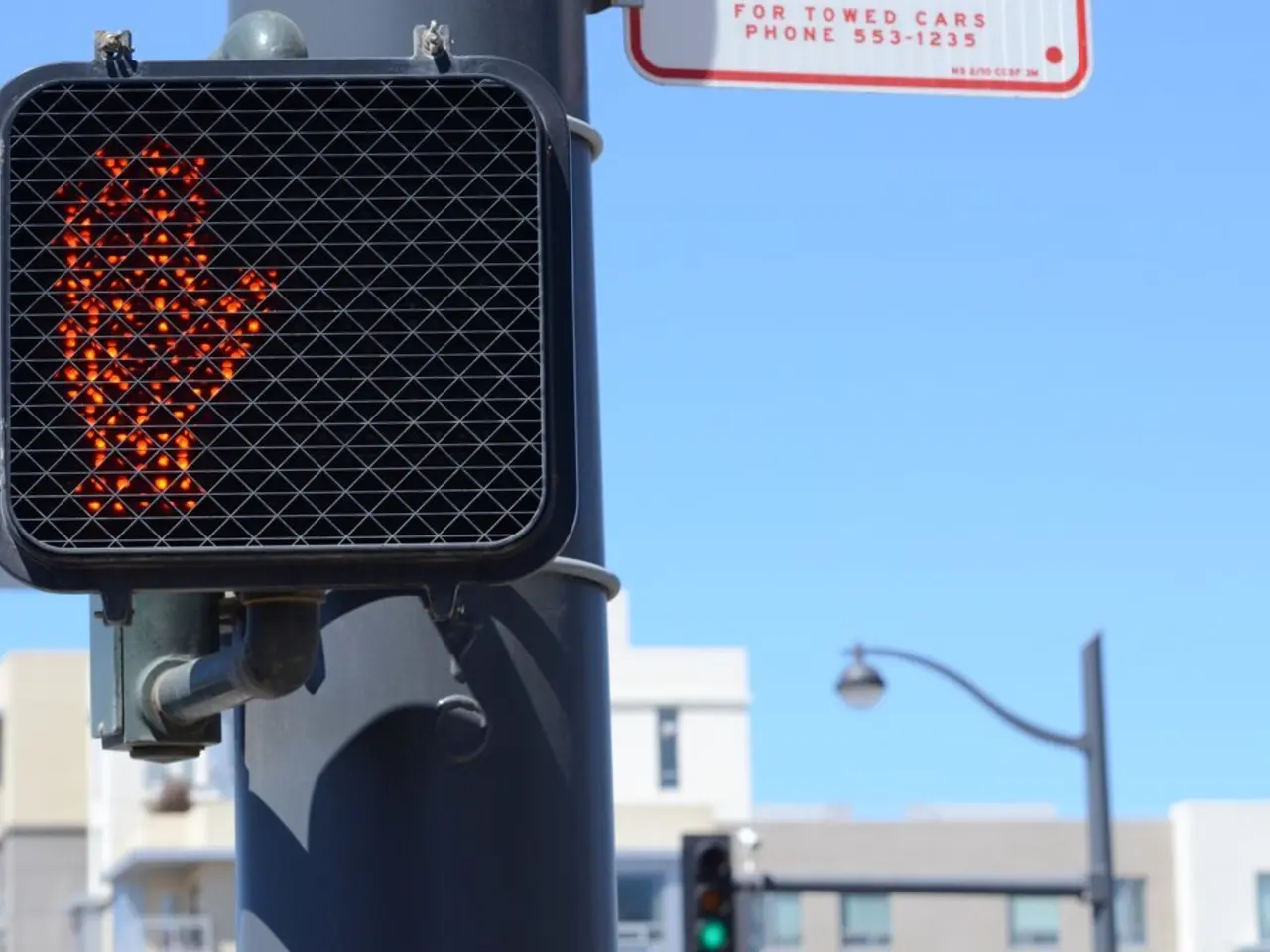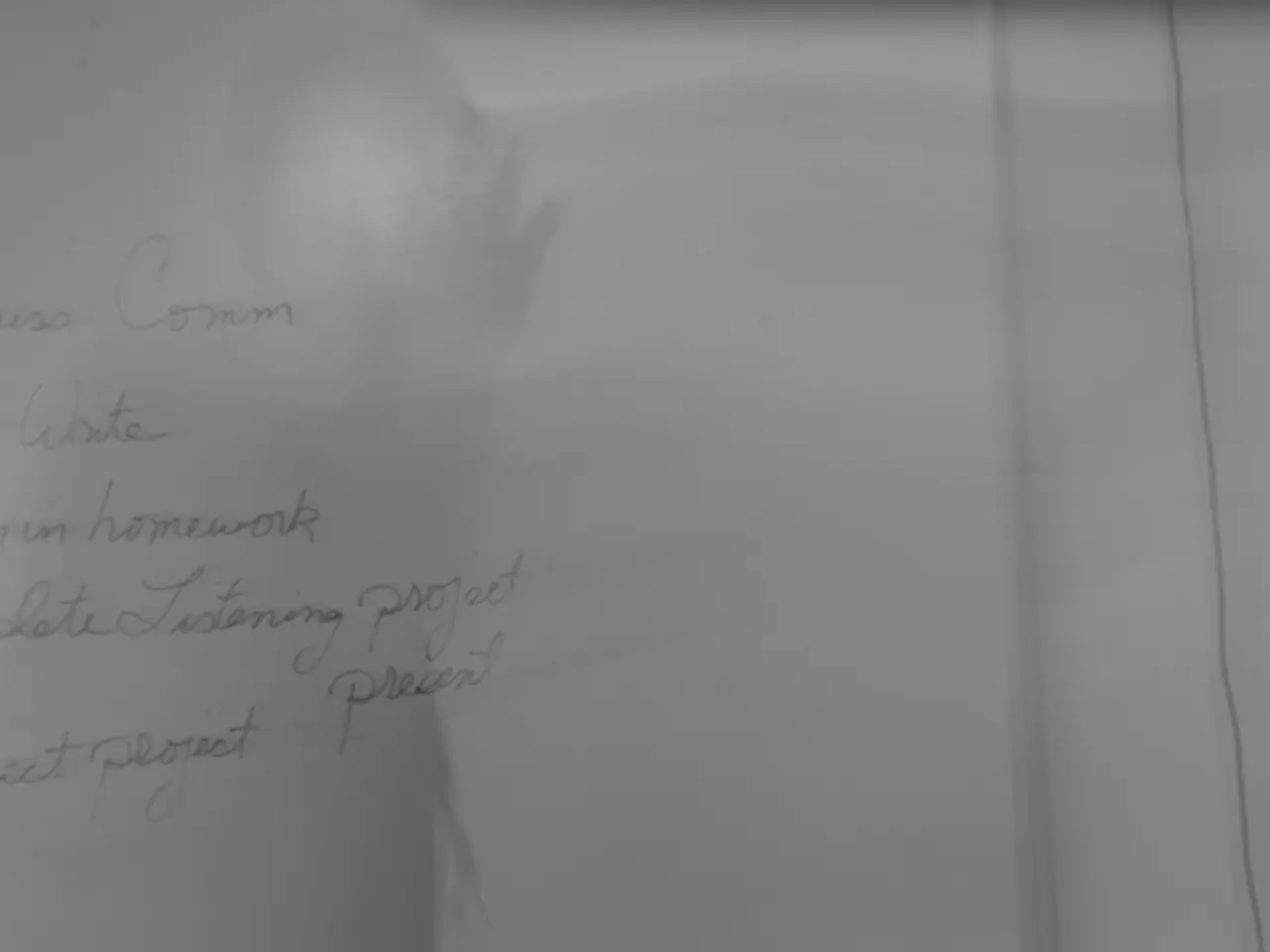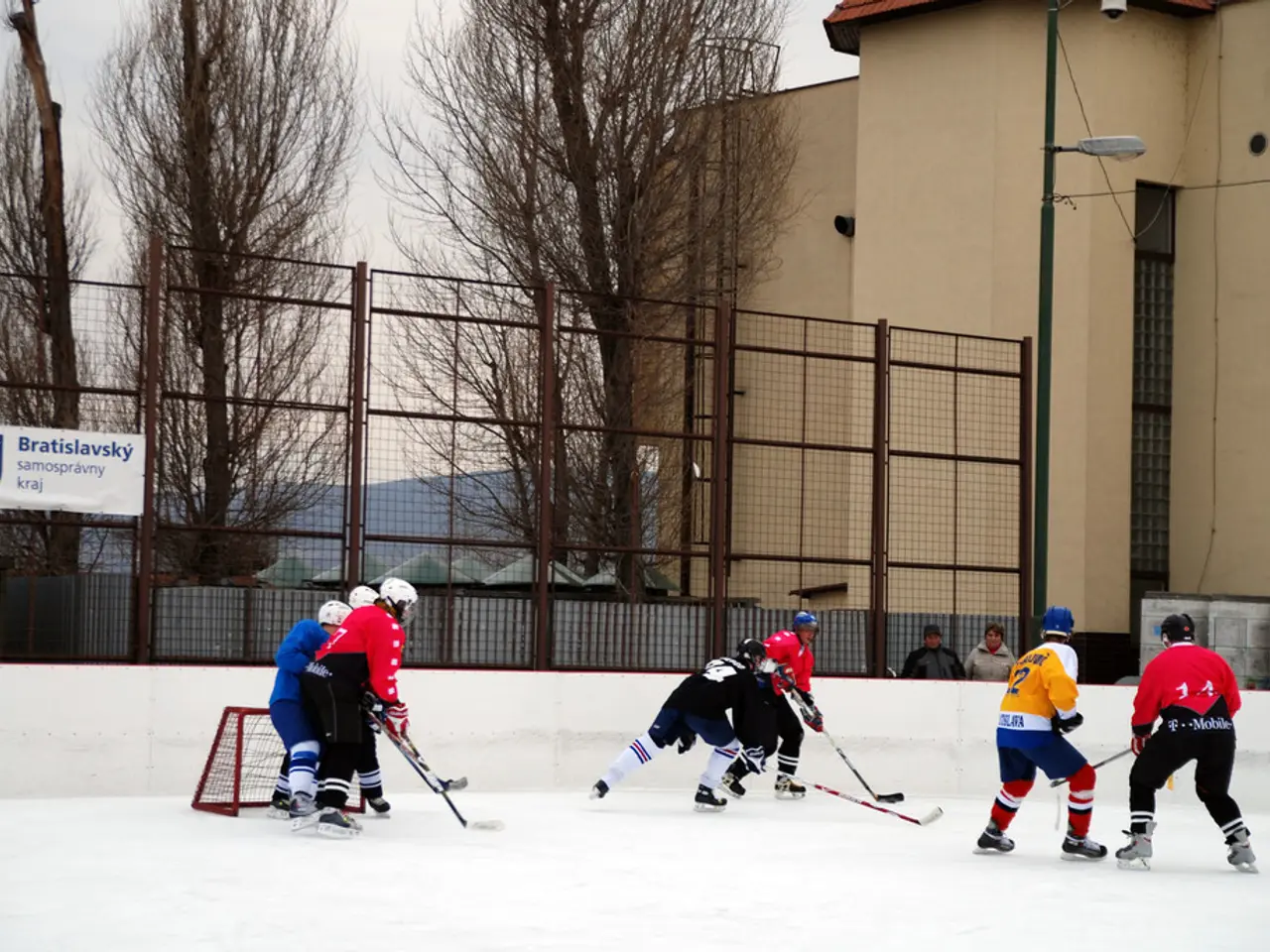Border Controls Now Implemented onboth Sides of Poland's Border
In a move that has raised eyebrows across Europe, Poland has reinstated border controls at its frontier with Germany, primarily in response to similar border checks imposed by Germany and to address concerns over illegal migrant smuggling.
The decision, which came into effect on July 7, 2025, was made by the centre-left government in Warsaw, and it has been reported that these controls will initially last for 30 days but may be extended. A total of 52 checkpoints have been set up along the Germany-Poland border to conduct thorough checks, particularly on buses, minibuses, cars carrying multiple passengers, and vehicles with tinted windows.
Polish Prime Minister Donald Tusk emphasised that Poland supports freedom of movement within Europe but only under conditions of symmetrical and united action between neighbouring countries to minimise uncontrolled migration flows. Poland's Interior Minister Tomasz Siemoniak clarified that these controls are aimed specifically at those involved in illegal migrant smuggling, with ordinary travelers not expected to be affected.
The reinstatement of these controls within the Schengen Area, which normally allows visa-free travel, is likely to cause disruptions for cross-border daily commuters and shoppers due to the added checks and potential delays. European Parliament deputy president Katarina Barley described the move as a "retaliation" that puts "the entire Schengen system to its limits," indicating concern about the broader impact on free movement across borders that includes cross-border economic activities.
Germany has been conducting random checks at its border with Poland since October 2023 to stop irregular migration. However, Germany's Interior Minister Alexander Dobrindt (CSU) offered joint controls on the German side of the common border, an offer that has not been accepted.
Some commuters and shoppers are not convinced that the controls can curb irregular migration, while others, like Oliver from Eberswalde, a weekly commuter to Schwedt, find the controls acceptable for security reasons, albeit with difficulties when border guards don't speak German.
The controls are being carried out by a combined force of Polish border guards, military police, officers in police vests, and members of voluntary homeland defense associations. Some travelers have reported being stopped and checked, with most expressing doubts about the measure's usefulness.
In a recent Twitter post, Britta Haßelmann, the chair of the Green parliamentary group, criticised the controls, stating they are a result of Germany's failed policy and that the people in the border region are the victims. Meanwhile, businesses in the affected areas have reported complications, with some, like Andreas Ewald, a Berlin resident, no longer employing Polish workers due to the federal police controls.
As the situation unfolds, it is clear that these border controls are causing a stir within the Schengen Area and reflect growing tensions around migration and border security between Germany and Poland, complicating the principle of free movement in the EU.
- The reinstatement of border controls by Poland, despite supporting European freedom of movement, has been debated as a political response to migration issues within the general-news sphere, as it may put the Schengen system's principles to the test.
- The ongoing border controls between Germany and Poland, involving extensive checks on travelers and vehicles, have raised concerns among cross-border commuters, shoppers, and businesses alike, with some voices, like Britta Haßelmann, seeing them as a results of failed policies that ultimately victimize border residents.






